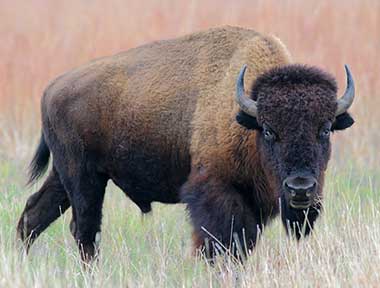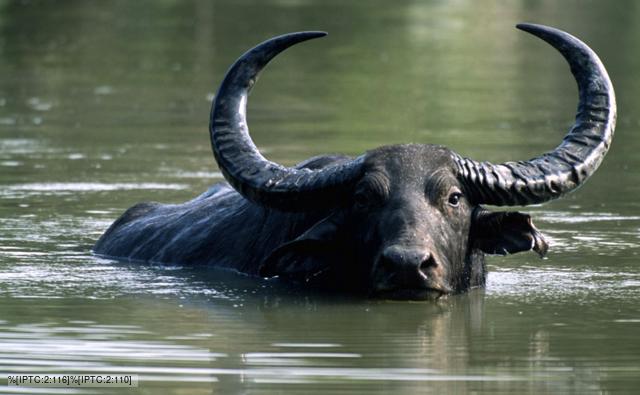rhino eating link
Rhino are herbivores, meaning they eat only plants. White rhinos, with their square-shaped lips, are ideally suited to graze on grass. Other rhinos prefer to eat the foliage of tree .Where do rhinos live?
 White rhinos and black rhinos live in the grasslands and floodplains of eastern and southern Africa. Greater one-horned rhinos can be found in the swamps and rain forests of northern India and southern Nepal. Sumatran and Javan rhinos are found only in small areas of Malaysian and Indonesian swamps and rain forests.
White rhinos and black rhinos live in the grasslands and floodplains of eastern and southern Africa. Greater one-horned rhinos can be found in the swamps and rain forests of northern India and southern Nepal. Sumatran and Javan rhinos are found only in small areas of Malaysian and Indonesian swamps and rain forests.rhino link
How do rhino behave
TERRITORIAL BEHAVIOR. Rhinoceroses are, generally, solitary animals that prefer to live an independent life. White Rhinos tend to be a little more social. However, they all demand their own territories, particularly the males of the species. please press here
interesting fact

Three are from southern Asia and two are from Africa. They are the Black Rhinoceros, White Rhinoceros, Indian Rhinoceros, Javan Rhinoceros and Sumatran Rhinoceros. 2.






